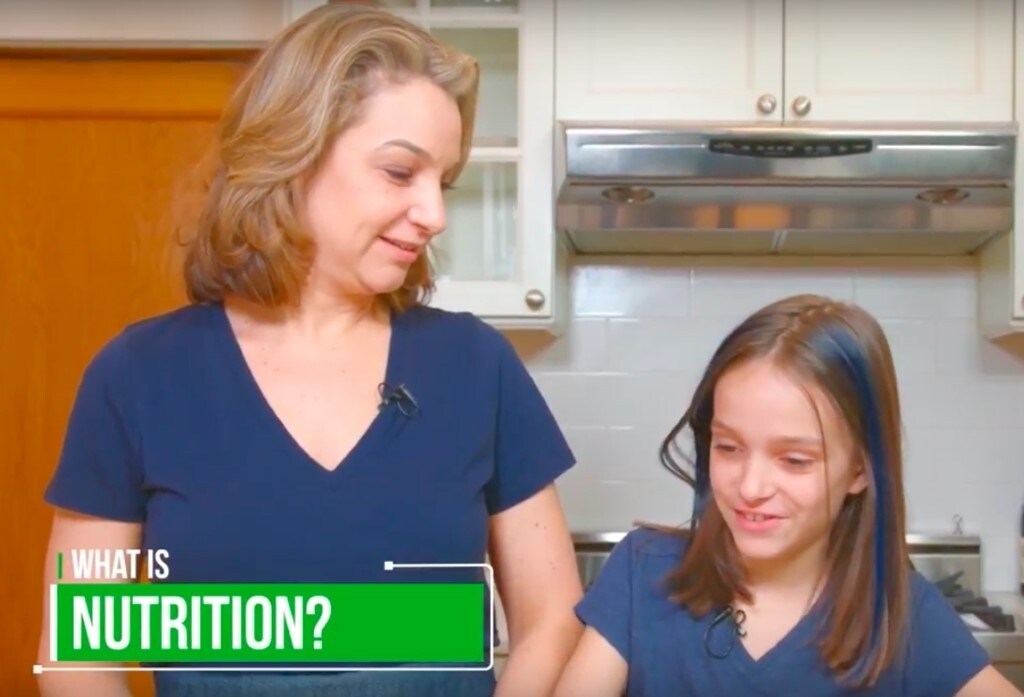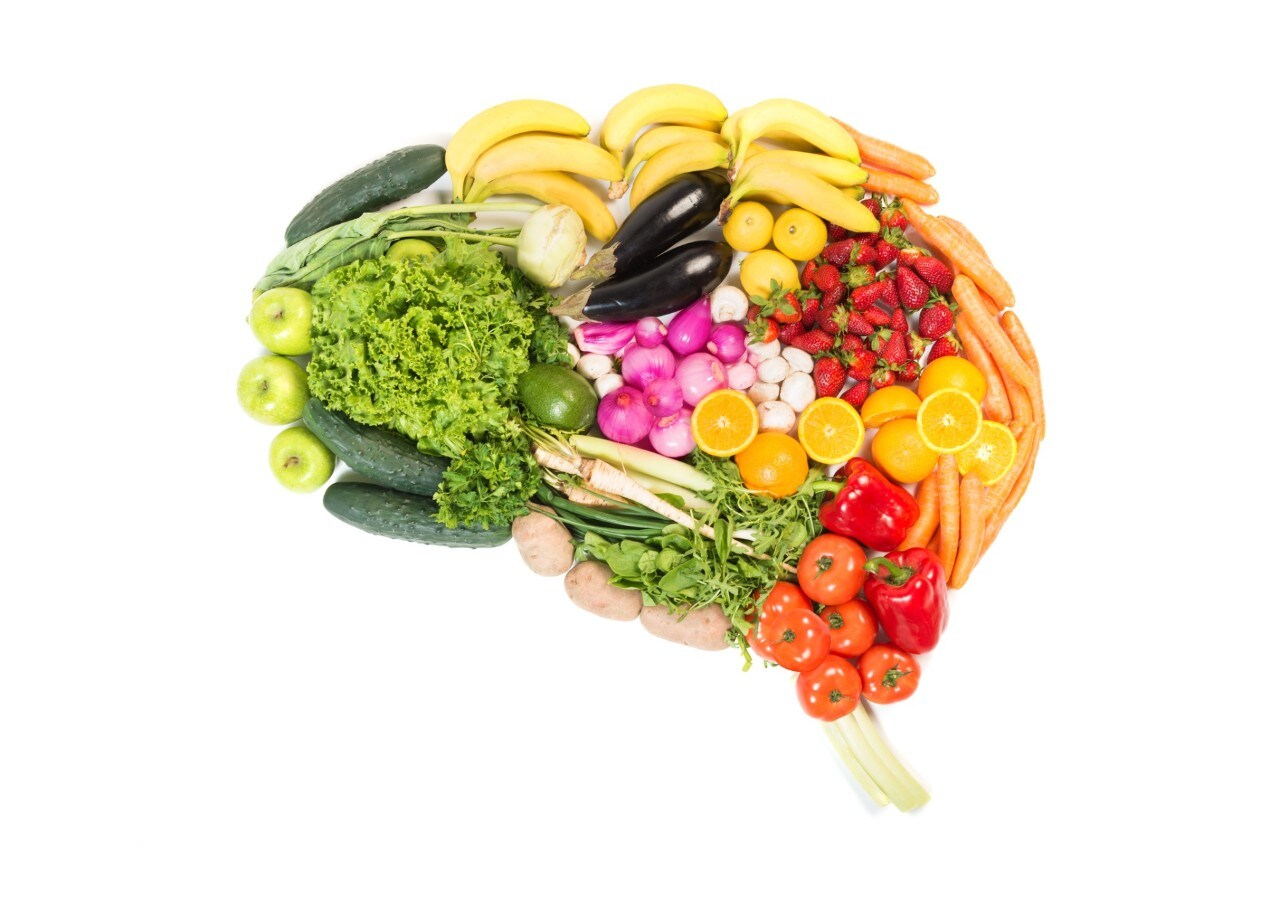References
1. 1994 Gallup Study of Vitamin Usage/ Subar A, Block G: Use of vitamin and mineral supplements: Demographics and amounts of nutrients consumed. American Journal of Epidemiology 1990;132:1091-1101.
2. Council on Scientific Affairs: Vitamin preparations as dietary supplements and as therapeutic agents. Journal of the American Medical Association 1987;257:1929-1936.
3. Imamura F, Micha R, Khatibzadeh S, et al: Dietary quality among men and women in 187 countries in 1990 and 2010. Lancet Global Health 2015;3:e132-e142.
4. Krebs-Smith S, Cleveland L, Ballard-Barbash R, et al: Characterizing food intake patterns of American adults. American Journal of Clinical Nutrition 1997;65:1264-1268.
5. West K, Shamim A, Mehra S, et al: Effect of maternal multiple micronutrient vs iron-folic acid supplementation on infant mortality and adverse birth outcomes in rural Bangladesh. Journal of the American Medical Association 2014;312:2649-2658.
6. LeBlanc E, Perrin N, Johnson J, et al: Over the counter and compounded vitamin D: Is potency what we expect? Journal of the American Medical Association: Internal Medicine 2013;February 11th: 1-2.
7. Most people think they eat pretty well: http://www.npr.org/sections/thesalt/2016/08/03/487640479/75-percent-of-americans-say-they-eat-healthy-despite-evidence-to-the-contrary or http://www.livescience.com/10389-big-fat-disconnect-90-diets-healthy.html.










